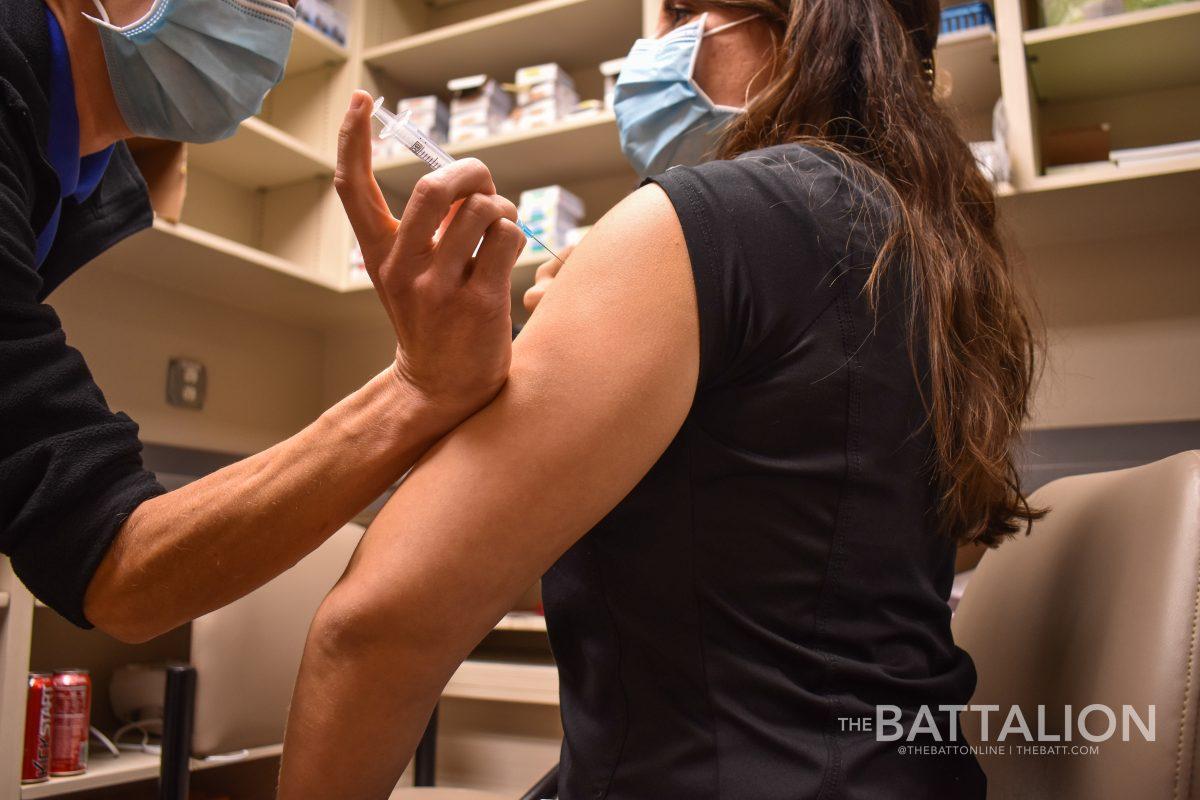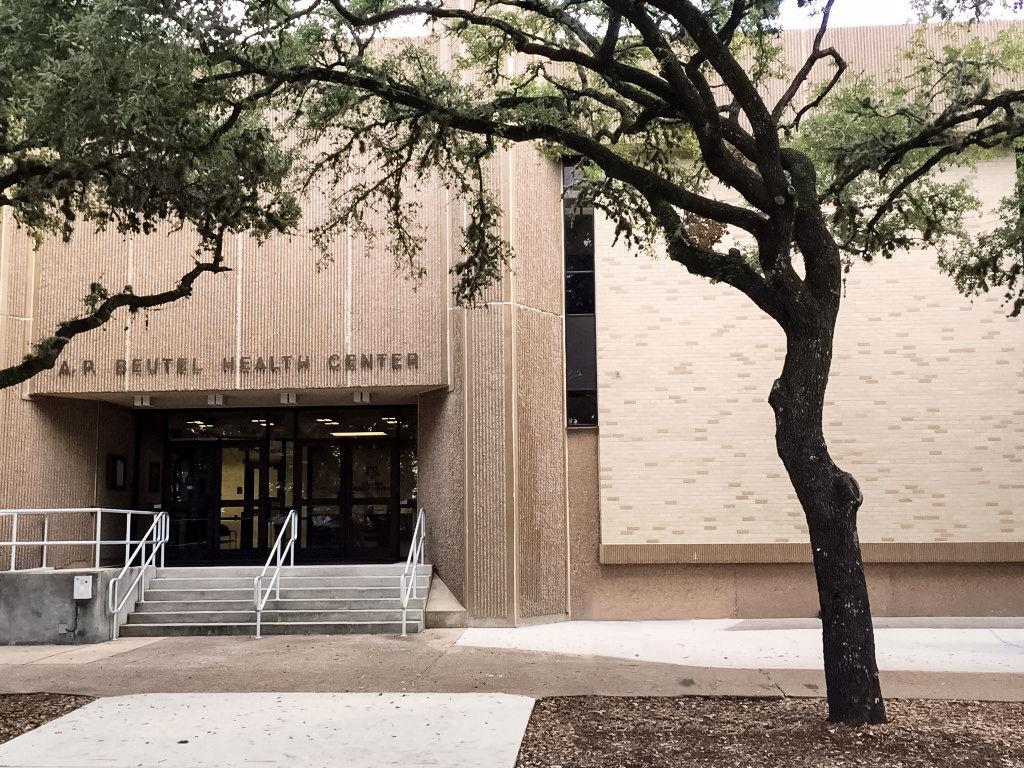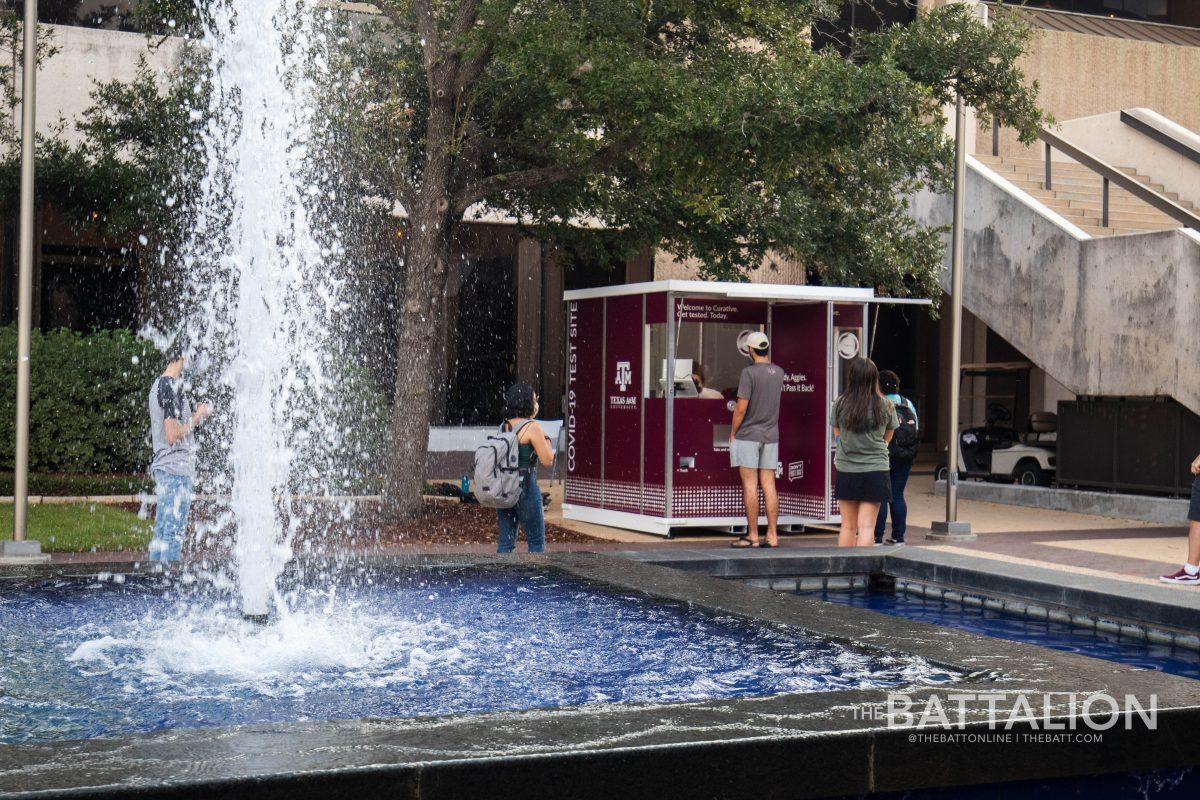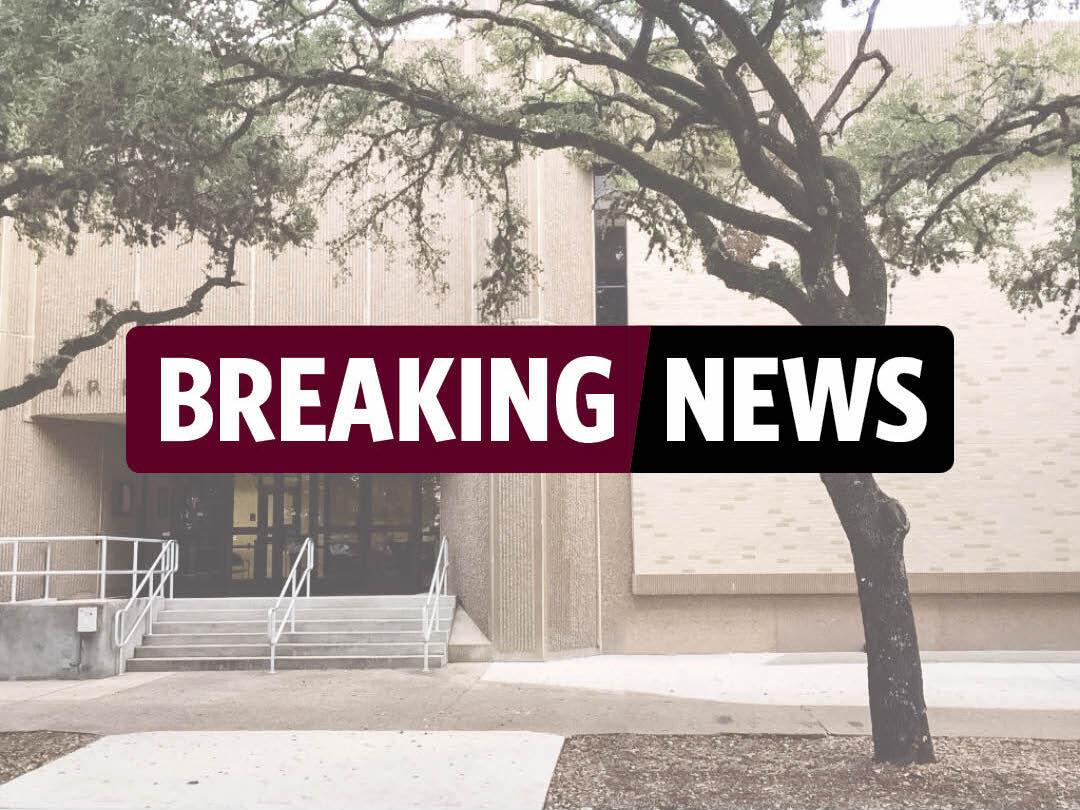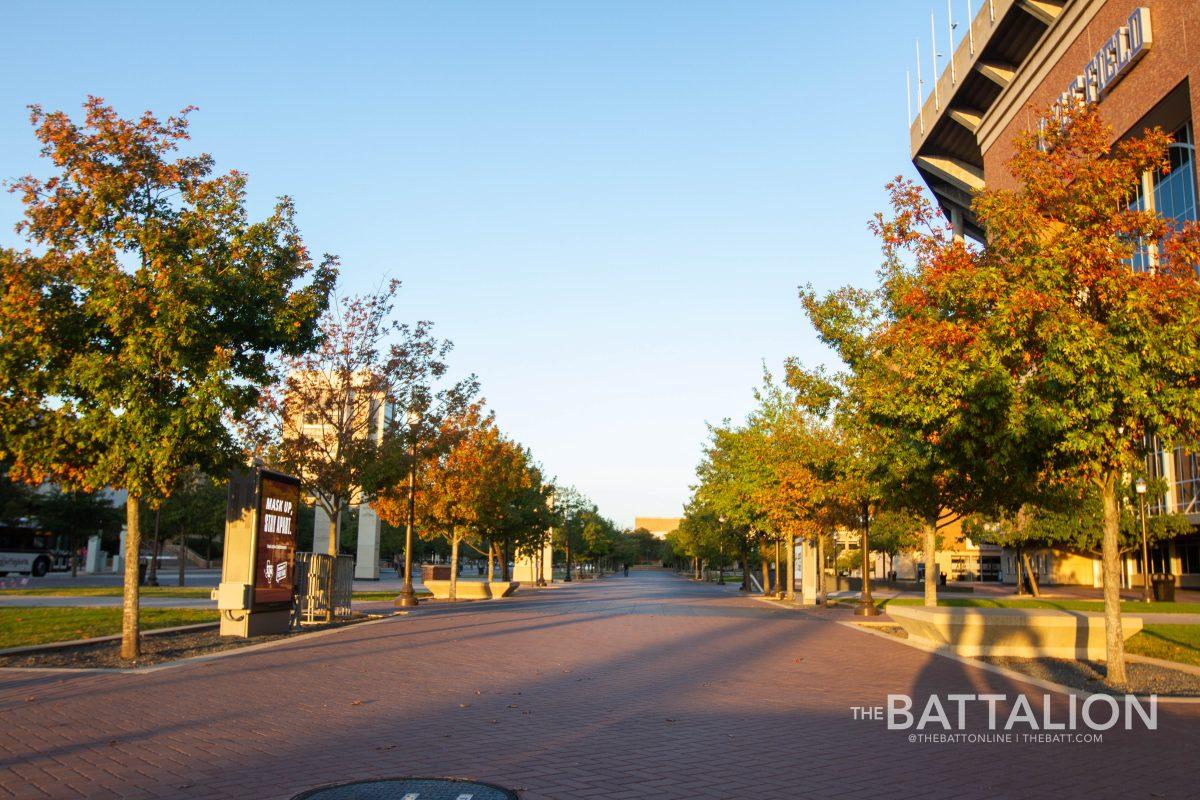The coronavirus has put a significant disruption on all of our lives. Many countries have officially closed their borders to all but essential travel. The United States now leads the world in confirmed cases. Social distancing and stay-home orders have forced businesses to shut down across the country. A shelter-in-place order was issued for Brazos County beginning at 9 p.m. on March 24. All of these remind me of another global epidemic: SARS (severe acute respiratory syndrome) in 2003.
I was a third-year primary school student, living in a small town in the suburbs of Beijing in 2003. My memory has blurred the details, but I remember the government had canceled all classes, and they closed the schools. I got several exercise books from school to do at home, but the books’ covers said they were for winter and summer holidays. During the outbreak, China Education Television provided an Air-classroom Channel, a welfare satellite channel covering the whole nation, focused on primary and secondary schools, teachers and parents, and provided documentaries. However, because my family did not purchase the upgraded cable services, we could not watch the channels. The minimum cable services for TV in Beijing in 2003 provided around 20 channels. If one upgraded it to a better cable service, they would install the updated cable and about 70 channels could be watched. Thus my family bought some VCDs for the Air-classroom, which were online courses but on TV.
My family lived in a siheyuan (courtyard house) in a hutong. Siheyuan is a historical type of residence that was commonly found throughout China, most famously in Beijing. Siheyuan means quadrangle in Chinese and refers to a typical traditional Chinese compound. The word hutong means a small alleyway or lane. They are typical of the old part of Beijing and lines of siheyuan, where most Beijing residents used to live, form them. My dad loves dogs and we have two dogs and a kitten at home at that time. I often played with our pets in our courtyard. There was a boy in our neighbor’s family who is one year older than me. We usually had fun together, from glass marbles and firecrackers to Nintendo classic games on the TV.
It may sound like everything was normal. Well, there were indeed some requirements. We were required to take our temperature twice a day and write the values on a notebook. We were required to stay at home as well. The foods in groceries were well supplied. At least for the situation in my small hometown during the SARS in 2003, everyone’s usual life did not get much impact.
However, I indeed have many relatives who live in the urban area. From talking with them on the phone (people did not commonly use video calls then), I learned that the situation in urban areas was different. People were required to wear masks, and almost everyone was nervous. Many businesses were closed, and there were guards by the gate for most communities to limit people coming from outside of the neighborhoods. It was a more strict version of the stay-at-home order we are following at present.
At the end of the epidemic in June 2003, SARS infected over 8,000 people from 29 different countries and territories. As of March 29, there are more than 700,000 confirmed coronavirus COVID-19 global cases from 177 countries and regions summarized by researchers from Johns Hopkins University. I’m now in a small town in Texas, but there are already 44 confirmed cases in Brazos County as of March 29. This COVID-19 pandemic is much more severe than the SARS pandemic from the number of individuals and countries/regions of infections, let alone the economic and social impacts.
There are some discussions on the consumption of wildlife in China and potential relation with the outbreak of COVID-19. The reality is that most of the people in mainland China do not eat wildlife, and there is lots of anger on social media among Chinese people against eating wildlife. I indeed know some people in rural areas prefer to raise their own chickens, but the chickens are family farmed and bred, not caught wild. I am in support of banning all wildlife trade on earth so that the very few silly people who love consuming unusual wildlife (although deers are considered as wildlife as well, they are more accepted) would not ruin the world. I hope the strict ban on the consumption of wild animals could work well in the long term.
As a person of Chinese descent, I would like to express my sincere apology to the people all over the world. Health officials first identified the COVID-19 outbreak in Wuhan, China, in 2019. The epidemic has now become a pandemic and caused a tremendous loss in society all over the world. I hope the people, from doctors, scientists and officers to every single ordinary individual, we could take the social responsibility and work together against the virus worldwide.
We are witnessing history; more importantly, we are writing history.
“Be completely humble and gentle; be patient, bearing with one another in love.” — Ephesians 4:2
The current COVID-19 pandemic reminds me of another global epidemic: SARS in 2003
March 30, 2020
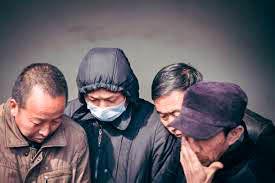
Photo by Creative Commons
Opinion writer Yupeng Zhang tells his story from the SARS epidemic in 2003.
Donate to The Battalion
Your donation will support the student journalists of Texas A&M University - College Station. Your contribution will allow us to purchase equipment and cover our annual website hosting costs.

















